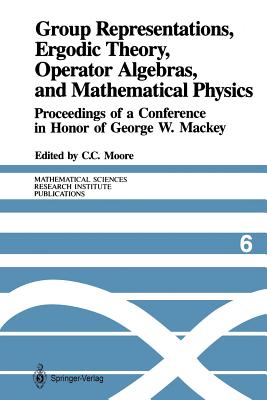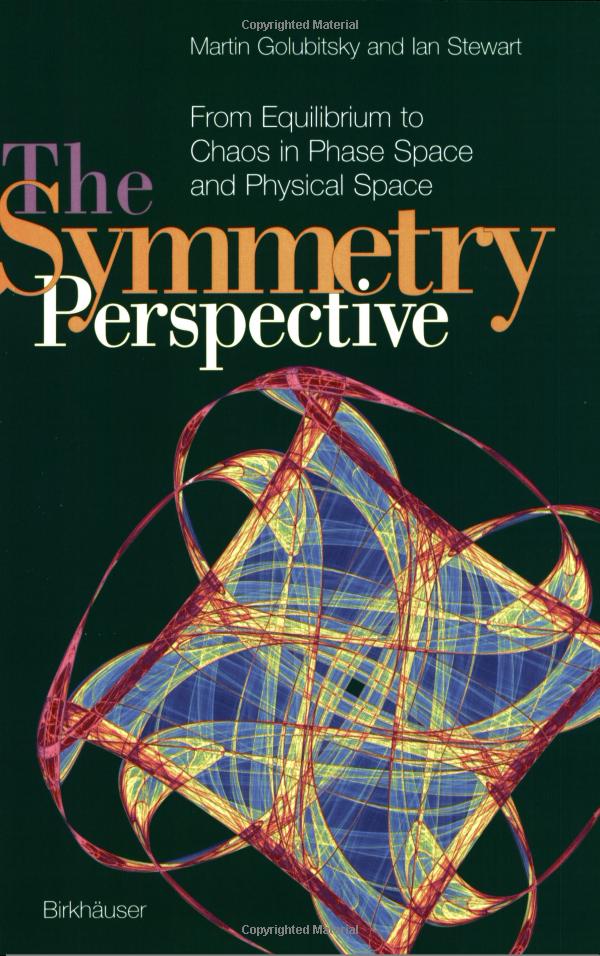"Exploring the Impact of Peter Erdős on Modern Mathematics: A Deep Dive into His Legacy"
Guide or Summary:Introduction to Peter ErdősThe Collaborative Spirit of Peter ErdősKey Contributions to MathematicsThe Legacy of Peter Erdős#### Description……
Guide or Summary:
- Introduction to Peter Erdős
- The Collaborative Spirit of Peter Erdős
- Key Contributions to Mathematics
- The Legacy of Peter Erdős
#### Description:

Introduction to Peter Erdős
Peter Erdős, a Hungarian mathematician, is renowned for his extensive contributions to various fields of mathematics, particularly in number theory, combinatorics, and graph theory. Born on March 26, 1913, Erdős was a prolific writer and collaborator, authoring or co-authoring over 1,500 mathematical papers throughout his lifetime. His unique approach to mathematics, characterized by a deep passion for collaboration and problem-solving, has left an indelible mark on the mathematical community.
The Collaborative Spirit of Peter Erdős
One of the most notable aspects of Erdős's career was his emphasis on collaboration. He famously traveled the world, working with mathematicians from different countries and cultures. This collaborative approach led to the creation of what is now known as the "Erdős number," a playful way to describe the "collaborative distance" between mathematicians based on co-authorship of papers. For instance, mathematicians who co-authored a paper with Erdős have an Erdős number of 1, while those who co-authored with someone who has an Erdős number of 1 have an Erdős number of 2, and so on. This concept has not only fostered a sense of community among mathematicians but also highlighted the importance of collaboration in advancing mathematical research.

Key Contributions to Mathematics
Erdős made significant contributions across various domains of mathematics. In number theory, he is known for his work on prime numbers and the Erdős–Koch snowflake, a fractal curve that illustrates the concept of infinite perimeter. His work in combinatorics includes the Erdős–Szekeres theorem, which deals with the existence of monotonic subsequences in sequences of numbers. Additionally, his contributions to graph theory, particularly the Erdős–Rényi model, laid the groundwork for the field of random graphs, which has applications in computer science, biology, and social sciences.
The Legacy of Peter Erdős
Erdős's influence extends beyond his own research; he inspired countless mathematicians to pursue their passions and engage in collaborative work. His life story is a testament to the idea that mathematics is not just a solitary pursuit but a communal endeavor. The Erdős Foundation, established to promote mathematics and support young mathematicians, continues to honor his legacy by fostering collaboration and innovation in the field.

In summary, Peter Erdős's contributions to mathematics are vast and varied, impacting numerous areas and inspiring generations of mathematicians. His collaborative spirit, innovative ideas, and dedication to the mathematical community have solidified his place as one of the most influential mathematicians of the 20th century. As we continue to explore the realms of mathematics, the legacy of Peter Erdős serves as a reminder of the power of collaboration and the endless possibilities that arise when minds come together in pursuit of knowledge.